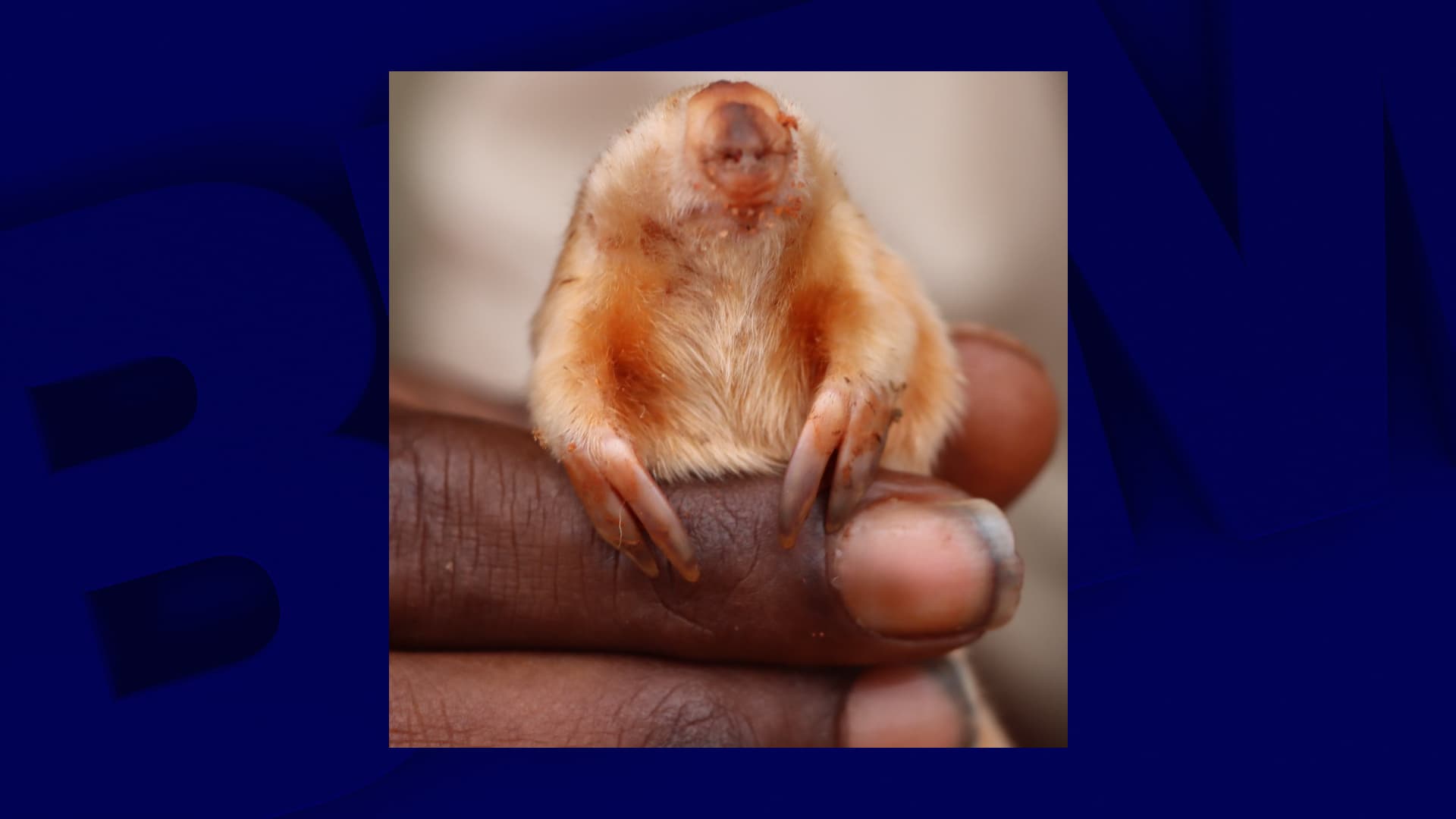The US Supreme Court on Tuesday refused to accept an application from the German company, Bayer Group, owner of Monsanto, in a case related to its herbicide, opening the door to compensation totaling several billion dollars.
By not considering the case, the Supreme Court made a final, former court ruling that ordered the group to pay $25 million to a retiree, Edwin Hardman, who attributes his cancer to the glyphosate-based herbicide.
As usual, the Supreme Court did not justify its decision.
But the latter risks having dire consequences for the group, which already faces more than 31,000 complaints in addition to those it has already reached an agreement on, a number that could rise.
The German company had already set aside 6.5 billion dollars to deal with these new measures (2 billion initially and then an additional 4.5 billion after an earlier agreement was rejected). You may be asked to pay more depending on the handling of complaints.
Bayer shares fell at the end of the session by 2.26% to 61.93 euros on the Frankfurt Stock Exchange.
The group responded in a press release: “Bayer respectfully disagrees with the Supreme Court’s decision,” but it is “fully prepared to take on the legal risks associated with potential future complaints in the United States.”
The company says it “does not admit fault or liability” and “continues to support Roundup products, a valuable tool for efficient agricultural production worldwide.”
“Potential carcinogen”, but not for Monsanto
Edwin Hardman, who was diagnosed with non-Hodgkin’s lymphoma in 2015, was one of the first to bring Monsanto to court, blaming the herbicides he used on his large estate for 25 years.
He accused the Monsanto group of misleading users by claiming the glyphosate product was harmless and failing to display warnings on its labels, and filed a civil lawsuit in 2016.
Bayer was ordered in 2019 to pay him $25 million in compensation, a decision that was confirmed on appeal in 2021.
Then the company turned to the Supreme Court of the United States. She appealed the ruling, stating that the Federal Environmental Protection Agency (EPA) believes that use of Roundup does not merit a cancer warning.
The general counsel representing the government had argued in May that the group’s request was rejected, marking a change in government tone from the Trump presidency. The Justice Department then sided with Bayer at the time of the appeal.
The main active substance in a cancer news report is glyphosate, which is classified as a “probable carcinogen” by the International Agency for Research on Cancer (IARC) of the World Health Organization (WHO).
But Monsanto has always insisted that no study concludes that glyphosate and the press report, which were marketed in the 1970s, are dangerous.
Willing to face ‘unreasonable’ complaints
Germany’s Bayer Group, which acquired Monsanto in 2018 for $63 billion, has since found itself embroiled in multiple herbicide-related lawsuits in the United States.
In June 2020, he signed an agreement worth $10 billion with the applicants’ representatives. The parties agreed to add $2 billion to it in order to settle future complaints, but that agreement was rejected by a California judge in May 2021.
In an effort to permanently end all proceedings, the group presented a five-point plan in May 2021 that stated that in the event of a defeat in the Supreme Court in the Hardman case, it would begin discussions about complaints not included in the law. 2010 agreement.
Bayer said Tuesday that it is “fully prepared to defend cases in court where plaintiffs’ expectations are unreasonable and outside the scope of this program.”
The German company notes that several rulings related to the herbicide have recently been passed in its favour and states that the Supreme Court must rule on another case it has challenged: a decision to award $87 million to Alpha and Alberta Belliod, both with lymphoma, after years of using Roundup.
Let’s see in the video

“Music guru. Incurable web practitioner. Thinker. Lifelong zombie junkie. Tv buff. Typical organizer. Evil beer scholar.”







More Stories
It is becoming more and more difficult to be part of the middle class
Provinces ask Ottawa to stop encroaching on their jurisdictions | Federal budget 2024
After giving big bonuses to the bosses, the deposit and placement fund fires the employees